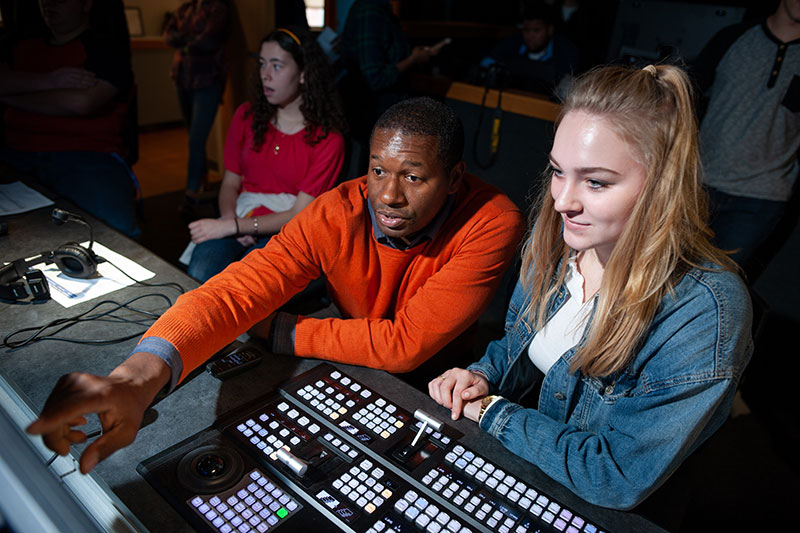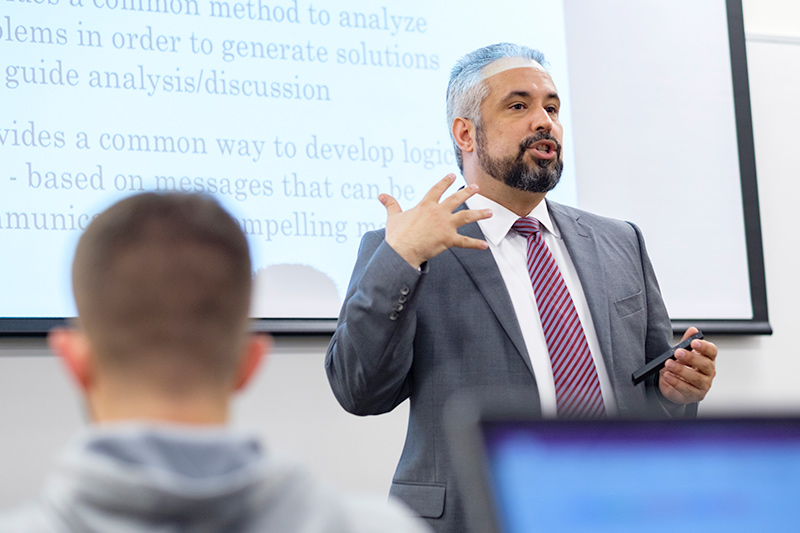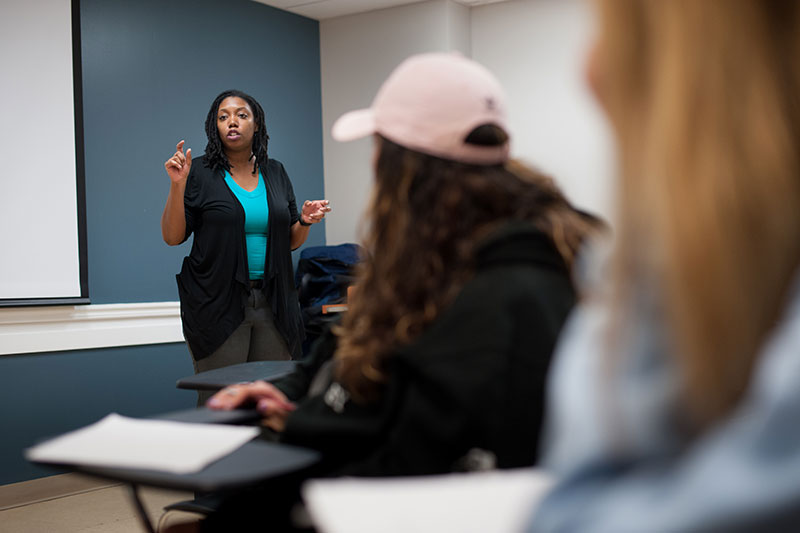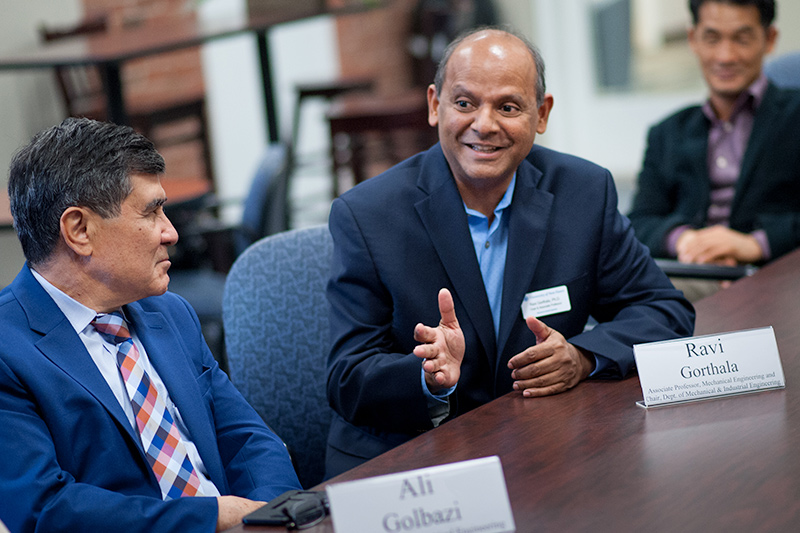
Learning from Leading Experts
Our faculty and staff are the lifeblood of the University of New Haven. They are superior educators and world-class scholars who have extensive real-world experience in their fields. Above all they are committed to your success and to helping you achieve more than you ever thought possible.
View Faculty by College


Pompea College of Business Faculty

Henry C. Lee College of Criminal Justice and Forensic Sciences Faculty

Tagliatela College of Engineering Faculty

School of Health Sciences Faculty

Faculty & Staff Directory
Know who you're looking for? Find a faculty member's office number, phone number, or email, quickly by searching the Faculty & Staff Directory.